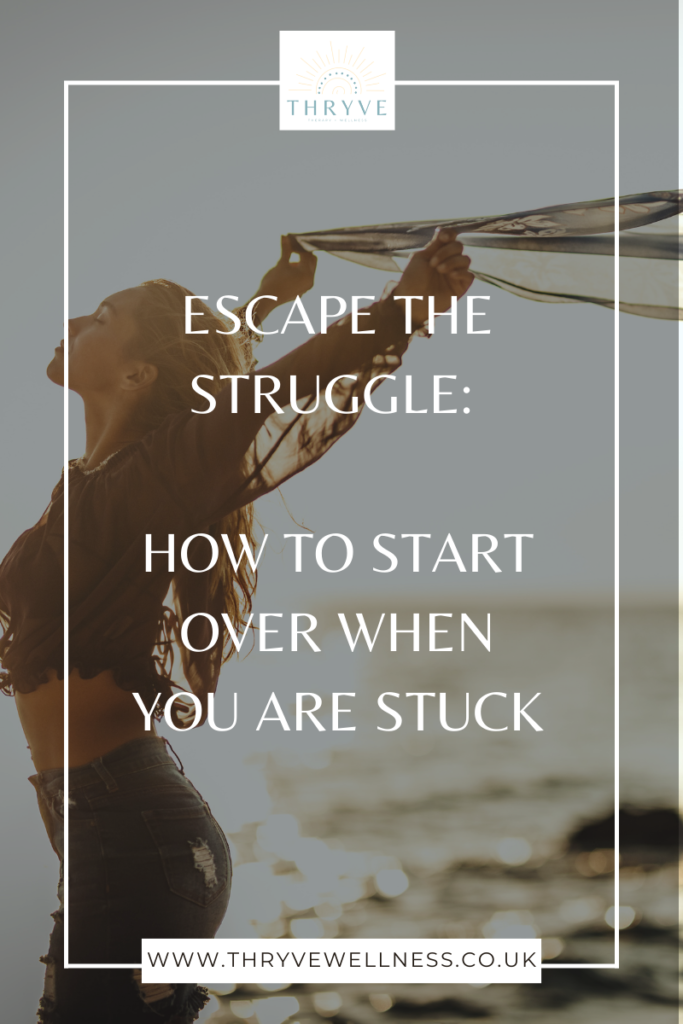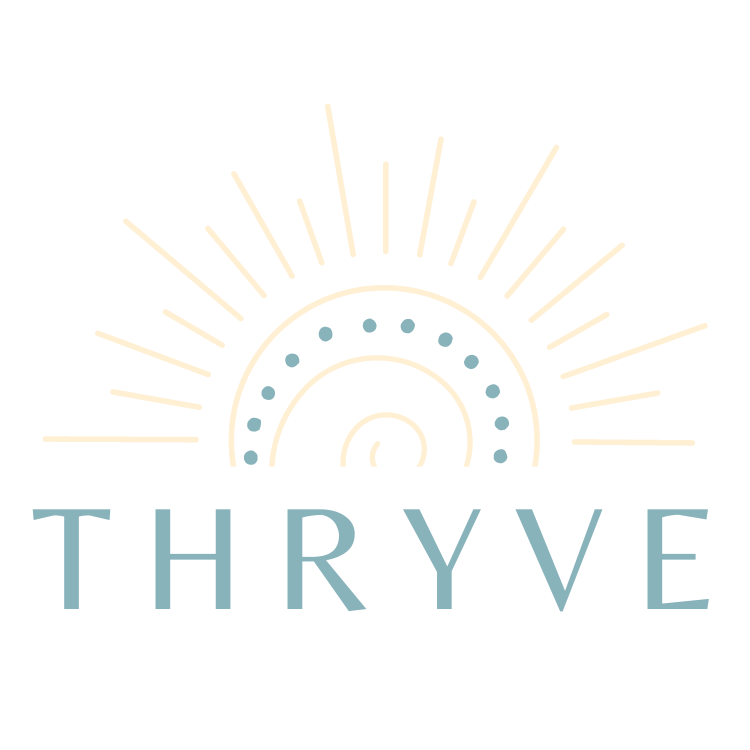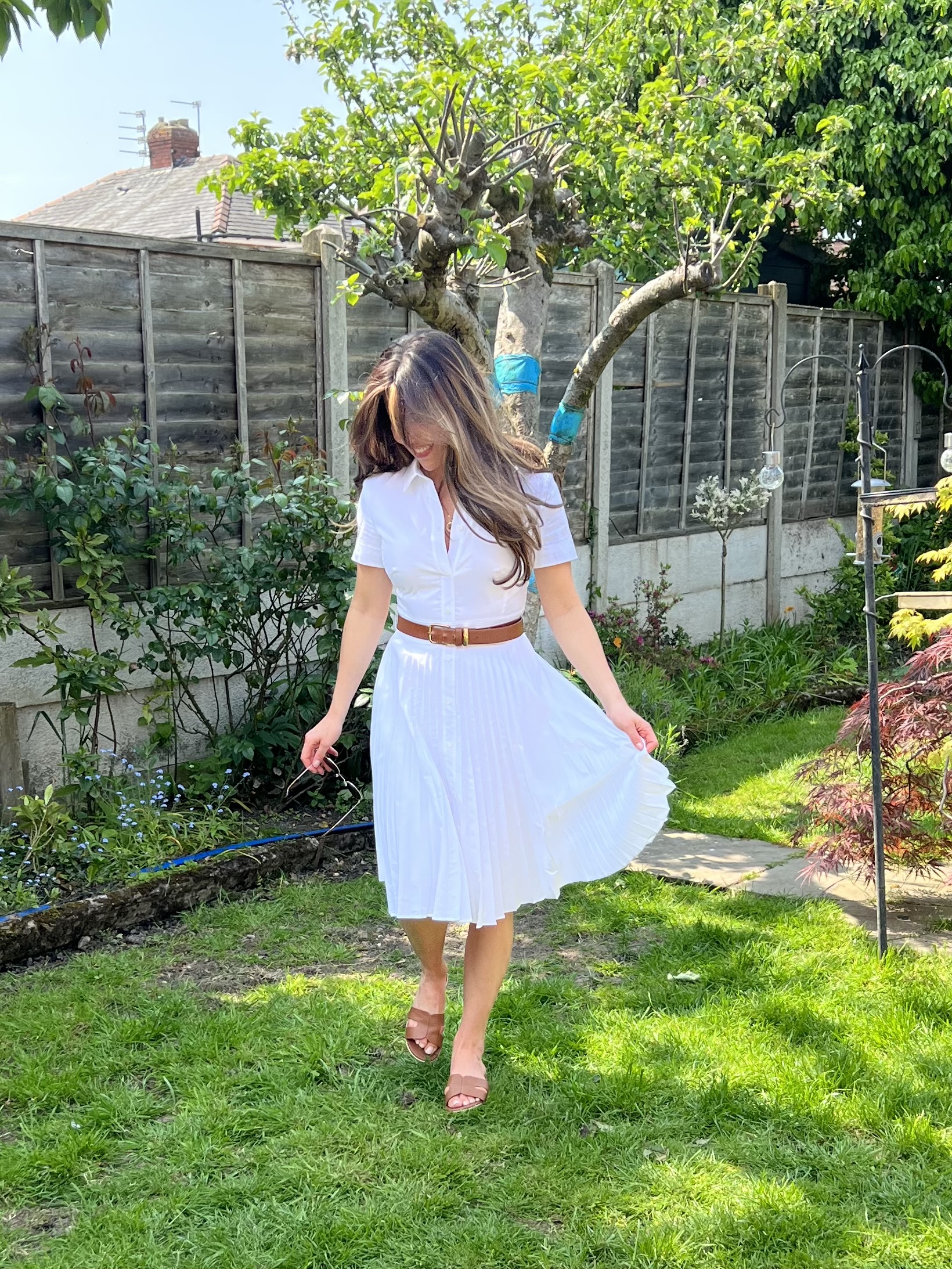Climbing Out of the Canyon of Struggle

Have you felt stuck in a canyon of struggle? Desperately wanting to climb out but not being able to find a foothold? You are not alone. I believe one of the most fundamental realities in life (that I certainly wasn’t prepared for) is that life is hard and challenging. It’s definitely not like the fairytales we grew up with, or the highlight reels we see on instagram now.
When life looks different than the way we want it to and we experience or have experienced hardship, sometimes we feel like we’re stuck in a canyon, unable to climb out. We reach for ledges of hope, only to find ourselves slipping back down into the familiar, dark corners of pain, frustration, and exhaustion.
But what if, instead of constantly searching for a way out, we took a moment to pause and ask ourselves a powerful, uncomfortable question: What’s my role in my own suffering?
It’s a question that cuts through the noise. It can sit incredibly bitter on the tongue. It invites us to stop looking outward for answers and start looking inward. It’s not about blaming ourselves for the things that have happened, but about reclaiming the power we hold in how we hold ourselves, respond, react, and move forward.
The Nature of Struggle
We all encounter hardship—whether it’s trauma, loss, anxiety, or simply feeling stuck in patterns that no longer serve us. The canyon can look different for everyone, but the sense of being trapped is considered universal. We may ask, “Why is this happening to me?” or “When will this end?”.
These questions, while natural, keep us focused on external forces. We start believing that our circumstances, our past, or even other people are in control of our lives. It can be a helpless and disempowering space to inhabit.
The Shift: From Helplessness to Agency and ownership
The real shift begins when we stop looking for what or who is responsible for our pain and instead look at how we might be contributing to our own suffering. Again, this is not about blame, but about agency & ownership. It’s about recognising the ways we’ve become complicit in our stuckness, often unconsciously.
This could look like:
- Holding onto limiting beliefs that keep us small
- Avoiding necessary changes because of fear or uncertainty
- Clinging to familiar discomfort instead of risking the unknown
- Repeating old patterns because they feel safer than growth
It’s in this honest inquiry that we begin to see that we’re not passive victims of life. We have a say in how we experience the world and how we respond to its challenges.
Asking the Hard Questions
To start over, to truly get unstuck, we must get curious about our role in our suffering. Here are some questions to explore:
- What patterns am I repeating? Are there behaviours, thought processes, or emotional reactions that keep me stuck?
- Where am I avoiding discomfort? Growth is uncomfortable, but have I been choosing the familiar over the expansive?
- What stories am I telling myself? Am I telling myself that I’m powerless, unworthy, or incapable of change?
- What do I gain from staying stuck? Sometimes, there are hidden benefits to remaining where we are. It may feel safer than facing the unknown.
These are not easy questions. They require deep honesty and vulnerability. But this is where the possibility of magic happens—when we stop running from the truth of our experience and instead face it head-on.
Reclaiming Your Power
When you begin to identify your role in your suffering, you can start to shift. You no longer wait for external circumstances to change—you begin to change yourself. Becoming aware gives us the opportunity to stop certain thoughts in their paths and actively change, or shift to a new dialogue.
This doesn’t mean the climb out of the canyon is easy, but it does mean it’s possible. You are not just the person trapped at the bottom of the canyon; you are also the person capable of charting a new path. You can start over as many times as you need to, and with each step, you reclaim a little more of your power.
A New Beginning
Starting over isn’t about erasing the past or denying the pain you’ve endured. Your past is completely relevant, valid but it doesn’t mean you need to stay stuck there.
The past is a place of reference, not a place of residence.
It’s about acknowledging where you’ve been, learning from it, and then consciously choosing a different path. It’s about asking hard questions, facing uncomfortable truths, and then using that insight to grow, transform, and heal.
You don’t have to have all the answers at once. The journey out of the canyon is gradual, but with each step, you’ll find yourself on more solid ground. You’ll discover that the struggle wasn’t just something to escape—it was a teacher. And now, armed with deeper self-awareness, a clearer sense of agency and ownership you’re ready to stand up, not as a victim, but as the creator of your own story.
So the next time you feel stuck, ask yourself: What’s my role in my suffering? And then, with courage and compassion, take that first step toward freedom.





